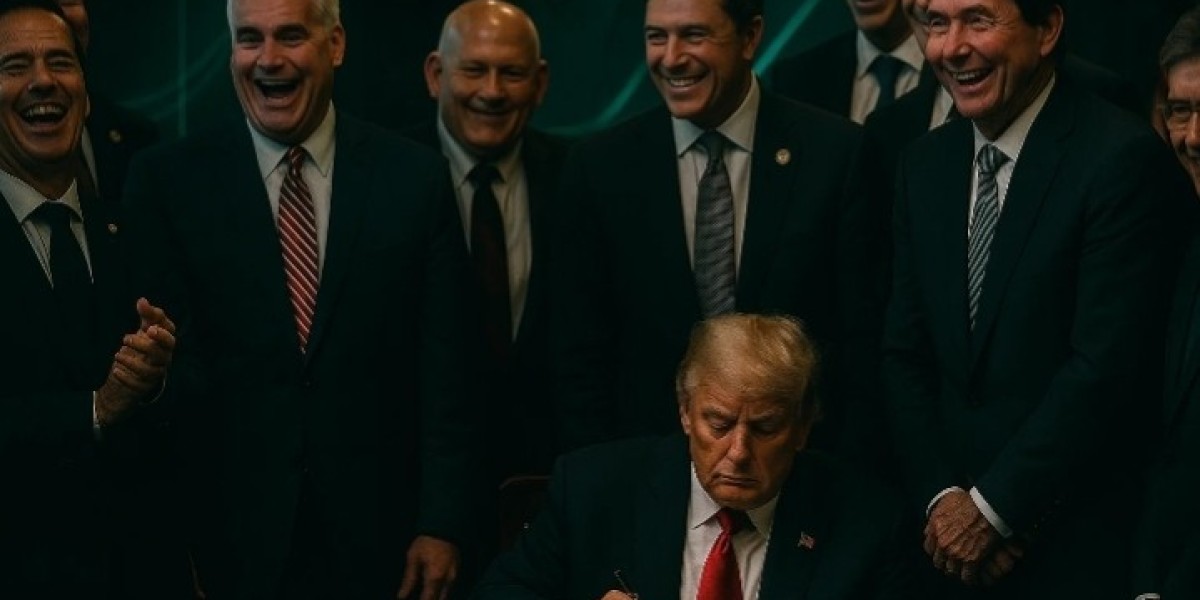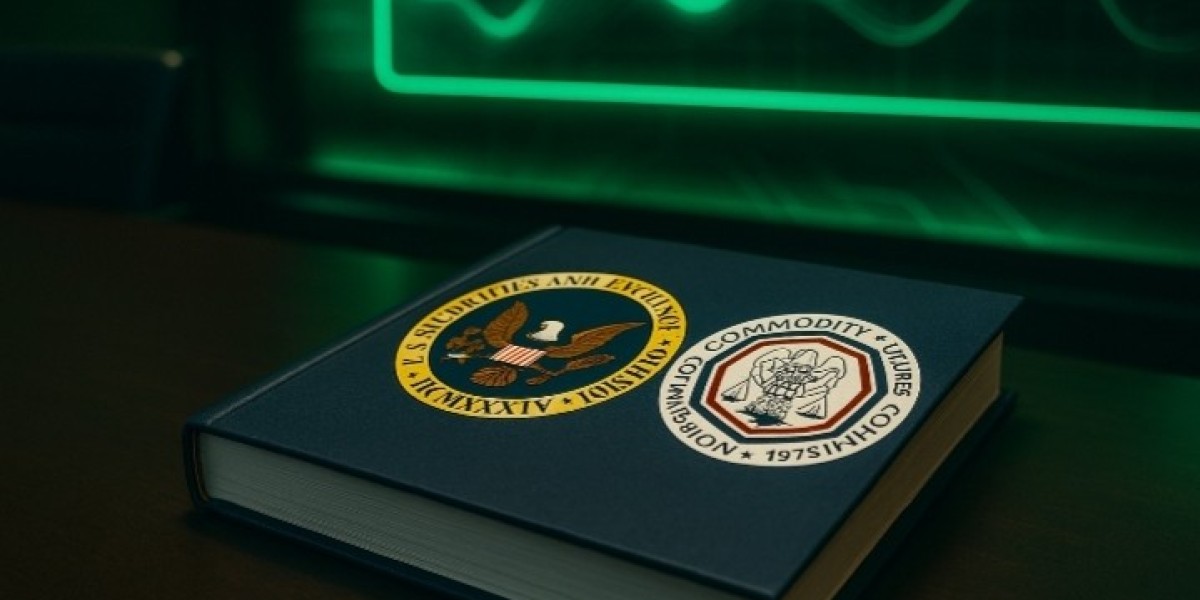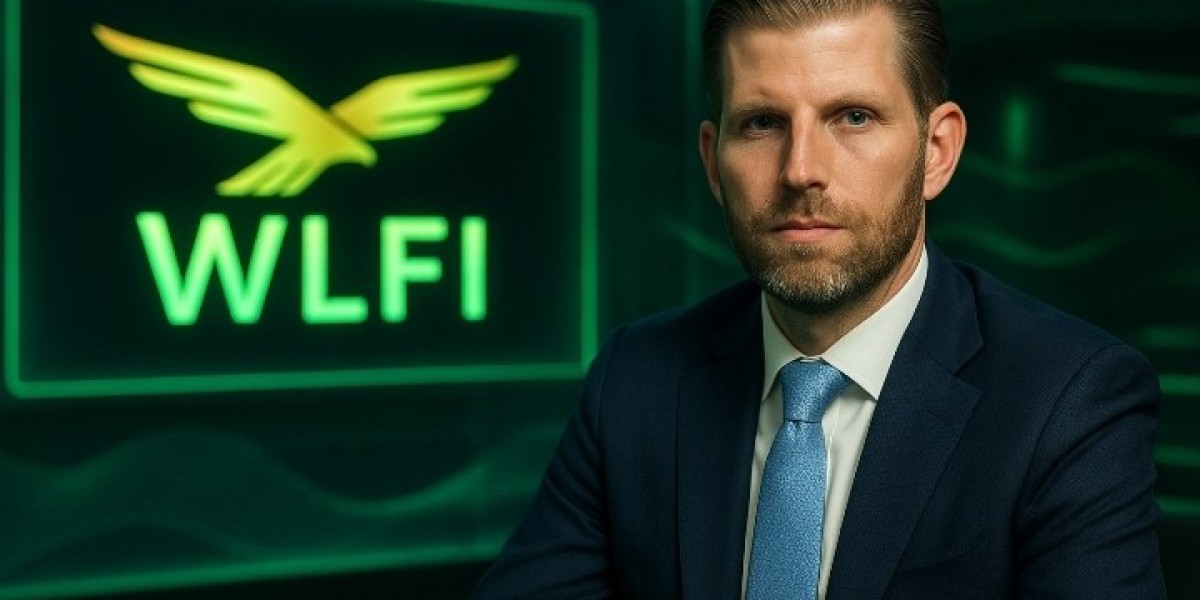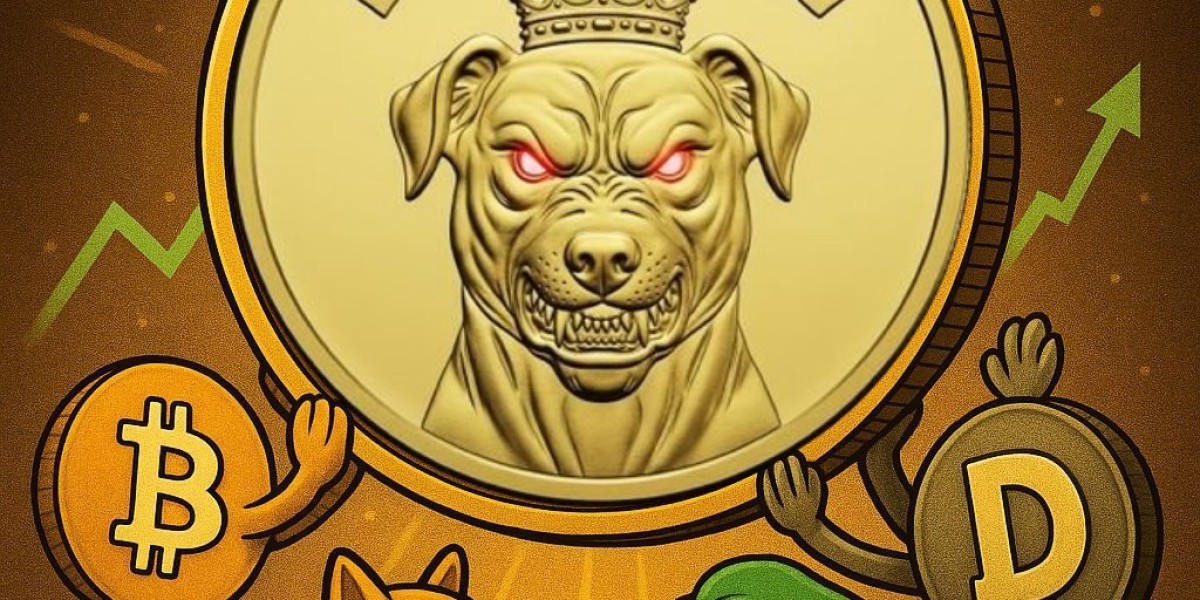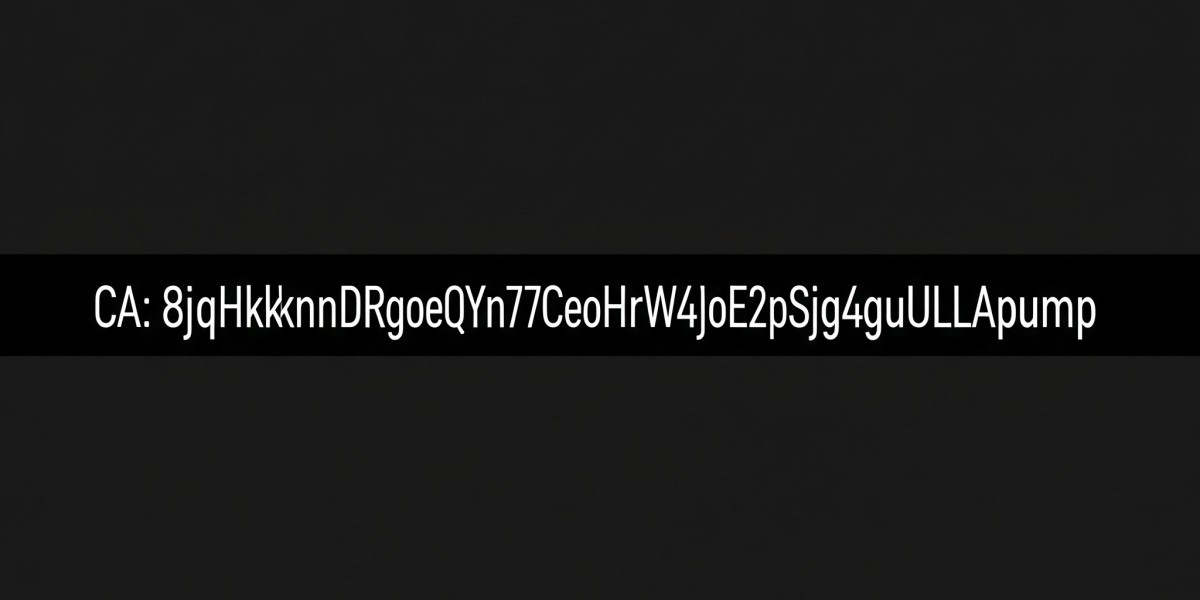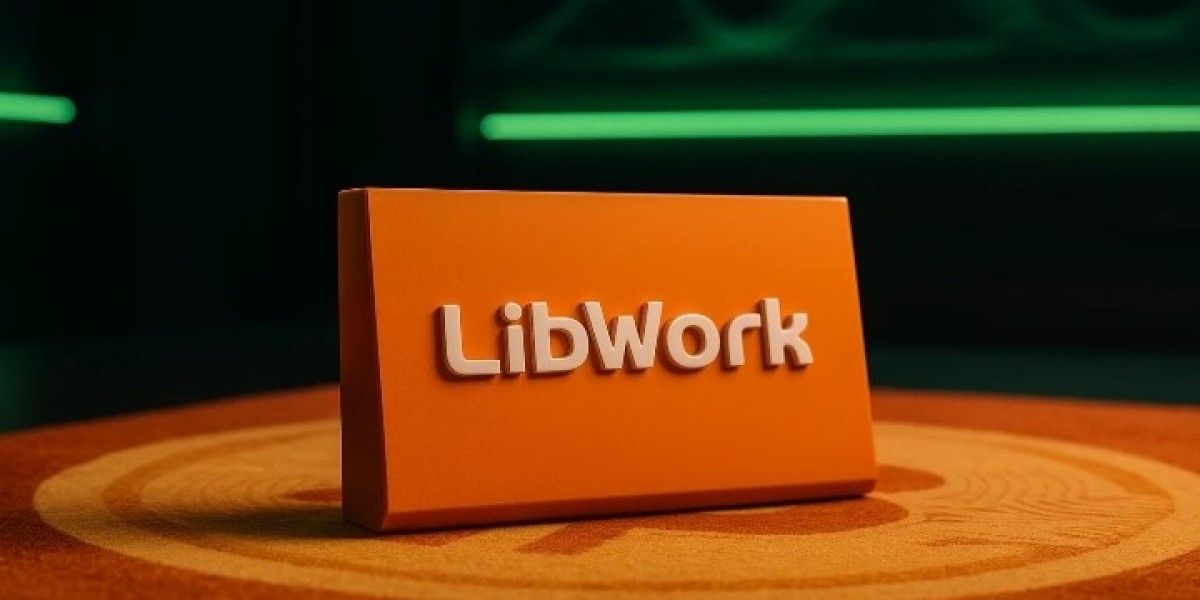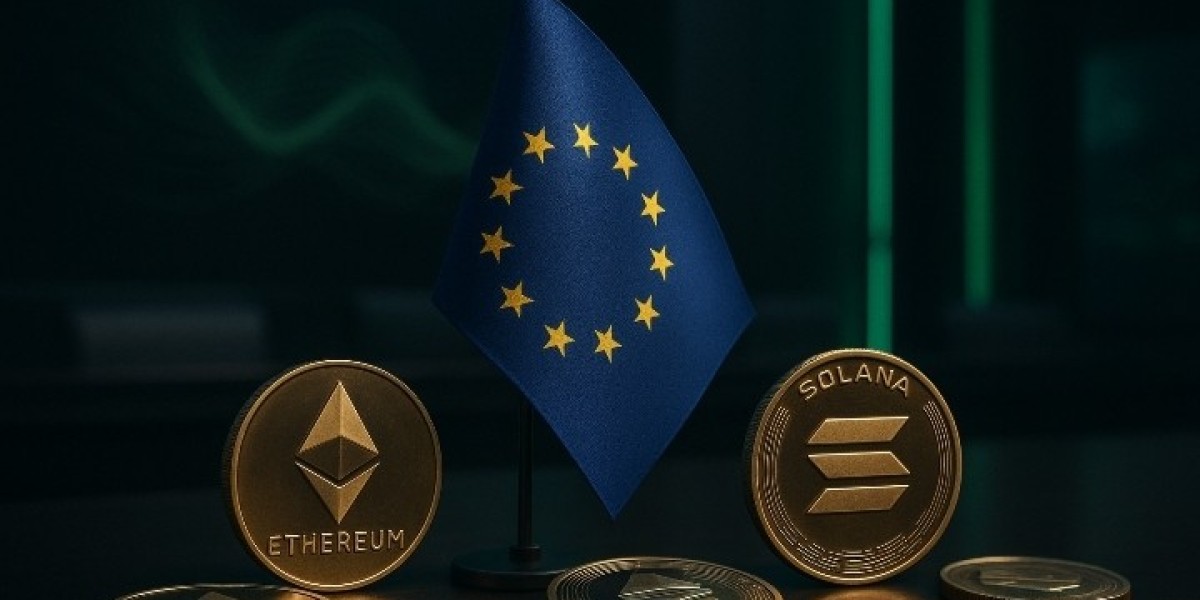The battle between traditional banking institutions and the cryptocurrency industry in the United States is no longer just a technical debate — it has entered a decisive phase that could shape the global financial landscape for years to come. Recent policy developments and the appointment of new regulators during President Donald Trump’s administration have introduced a fresh dynamic: a tug-of-war between driving technological innovation and safeguarding the stability of the financial system.
At the center of attention is the Genius Act — a landmark law designed to set the rules for stablecoin issuance. Crypto advocates see the regulation as an opportunity to secure long-awaited legal clarity, paving the way for institutional adoption and integration of crypto products into mainstream financial services. On the other hand, traditional banks and some policymakers express concern that stablecoins, if not strictly regulated, could pose liquidity risks, weaken consumer protections, and create gaps in monetary oversight.
The newly appointed regulatory team is expected to play a pivotal role. Appointing officials with either pro-market or more conservative stances toward innovation could accelerate or slow down the implementation of these rules. Decisions on reserve requirements, audit mechanisms, issuer transparency, and legal obligations toward financial institutions will determine whether crypto will serve as a complement to the banking system or emerge as a serious competitor forcing structural changes in traditional finance.
The implications extend beyond U.S. borders. American regulations often set the tone for other jurisdictions; a more innovation-friendly policy could trigger global harmonization of standards, while a stricter approach might push crypto companies to relocate to more regulation-friendly regions. For both retail and institutional investors, this is a time for vigilance — market volatility, legal changes, and court rulings could rapidly alter the prospects of crypto projects.
In conclusion, the Trump-era policy shift marks a pivotal moment in the relationship between banks and crypto. Industry players and policymakers alike must strike a balance between fostering innovation, protecting consumers, and maintaining financial system stability — a challenging equation whose outcome will shape the direction of the global financial ecosystem.
